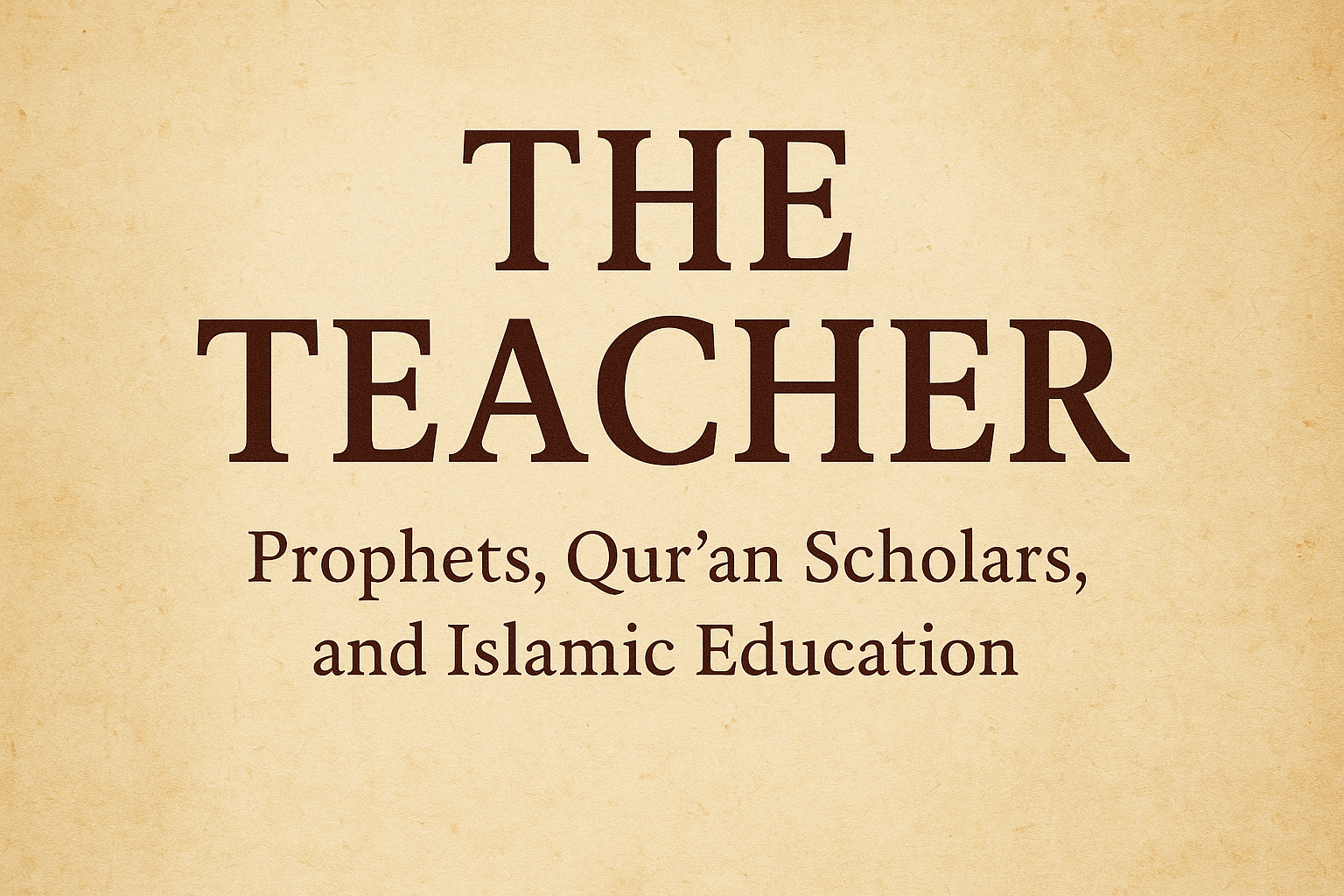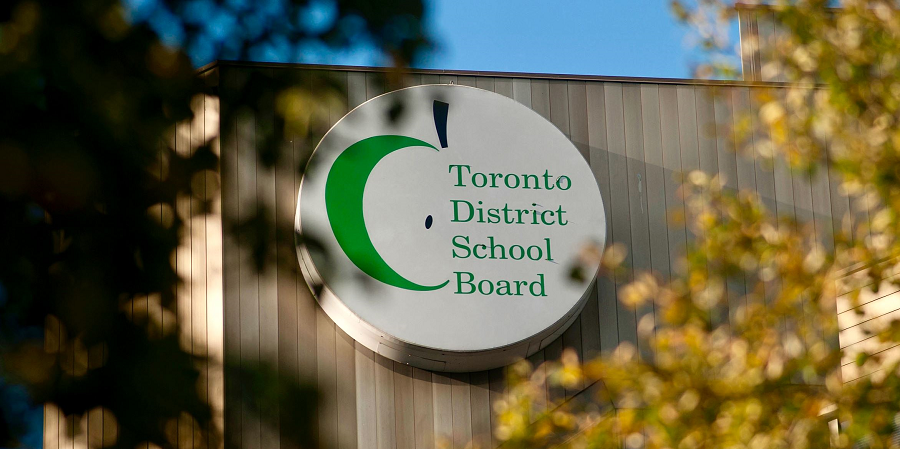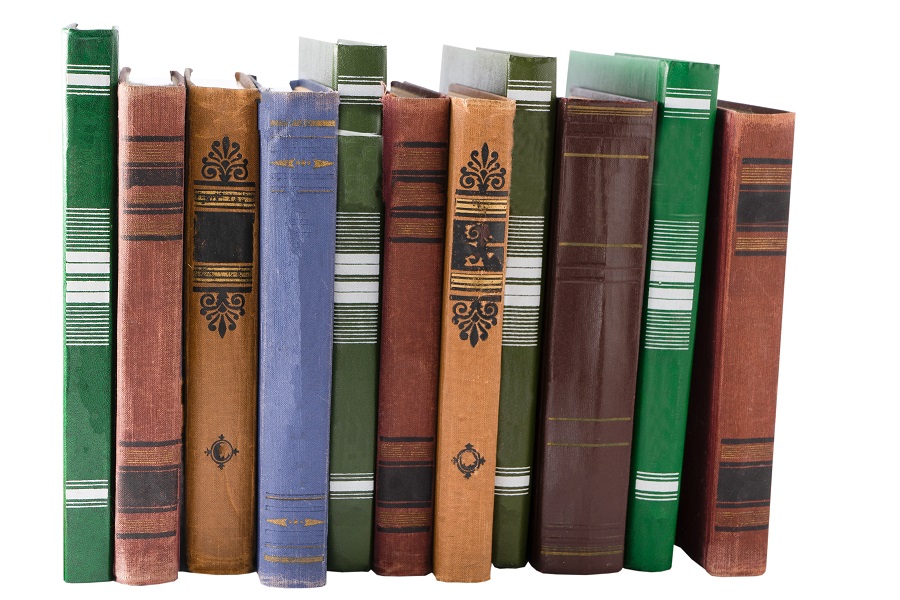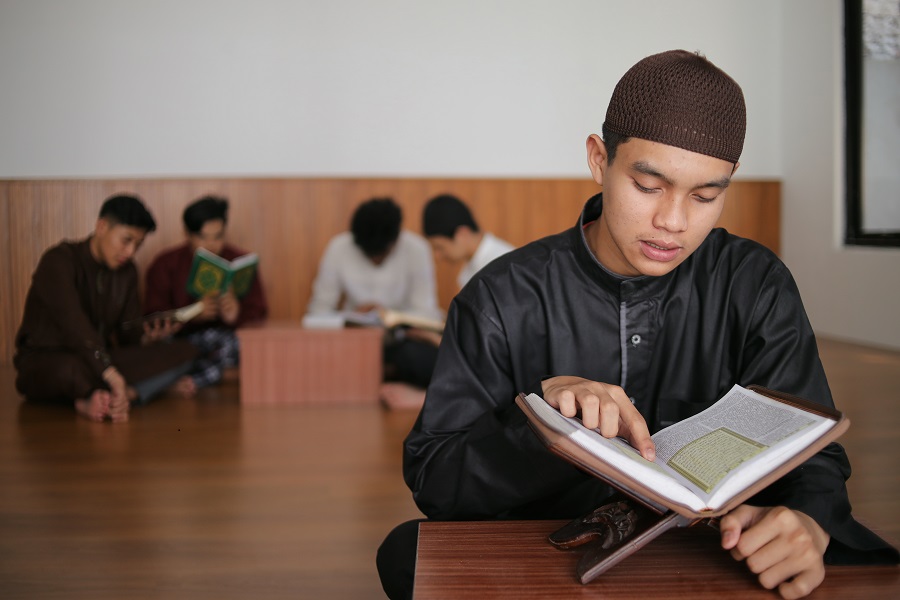
Madrasa 18: Pakistan
-
Alternate Education
- at 22 June 2012
SYED JAWED ANWAR
First Published: Muslims Weekly, New York, September 3, 2004, Issue #235
MUSLIMS had their comprehensive education system during the period of their rule in India. The system was uniform, cohesive, and provided the people with in-depth knowledge with a holistic look in different fields of life. When British occupied India, they ruined the economy of Muslim education, de-educated the masses and massacred the intellectuals. After a gap of about a century, a small group of people was educated under the new policy of British educationalist Lord Macaulay in 1835. The purpose of the education was to serve the British Raj, working as clerks and overseers.
At the time of independence, the literacy rate had been reduced to 11% as compared to more than 80% in Muslim India before the British occupation in eighteenth century. In two centuries, Indians were not only de-educated but also secularized. Muslims and Hindus had forgotten their golden religious principles of unity, respect, universal brotherhood, and tolerance, and they were de-politicized with narrow nationalistic outlooks. Hindus and Muslims united separately in their nationalist political platforms, namely Indian National Congress and All India Muslim League. It was the dissemination of Western thought by John Locke, Milton, and Thomas Paine, etc. at the Calcutta and Allahabad University that injected the ideas behind Hindu nationalism. At M.A.O.College, Aligarh initiated the emergence of Muslim nationalism.
Muslims of India feared that the British would leave the country with the new Western style of democratic government (dictatorship of the majority) led by Western educated Hindus (racist Brahmins) that would crush the ambitions, wishes, culture, and language of Muslims. Even the lives of Muslims would not be safe under the new political environment of Hindu nationalism promoted in the Western education system. Muslims started their demand for a separate Islamic state, Pakistan. In the beginning, Hindu leadership opposed the division of India. Gandhi stated, “The division of India is like the division of my mother.” Brahmin leadership, however, convinced the Hindu political players of the benefits of the division of India by arguing that migration of Muslim leadership and intelligentsia to the two corners of Pakistan will guarantee full freedom and non-interference to fulfill the Hindu wishes in India. The third party British, ruling India under the divide-and-rule policy, also saw the division of India to their benefit for the continuation of economic and cultural control of the subcontinent. The enemy and occupier became the mediator and judge in the case of the two nations. The mediator was foul and biased. The last viceroy Mountbatten divided India unfairly against Muslims, and gross injustice plagued Kashmir, Hyderabad Deccan, and Junagarh.
One can think that the occupation of Muslim India by the British and the unfair division ofIndiacould definitely lead to hatred against British systems and that, whenPakistanwas formed, all the symbols and signs ofBritainwould be destroyed and abolished. Unfortunately, however, the small percentage of educated Muslim intelligentsia, military, and bureaucracy was so westernized and in habit of obedience that they did not have the courage to reverse the Western influence.
Nawab Bahadur Yaar Jang, the second in command of the Muslim League after Qaide Aazam Muhammad Ali Jinnah, declared the Islamic education policy of Pakistan in the last public meeting of Indian Muslim League held in Karachi; Qaide Aazam approved it and promised he will not accept anything less. Nawab Bahadur Yaar Jang had a clear concept of Islamic Pakistan and its system of education and economy, and he was declared “Qaide Millat” and was supposed to be the first prime minister of Pakistan. He was murdered, however, by poison put in the water of a huqqa at a meeting in the home of a Nawab in Hyderabad a few years before the creation of Pakistan. (A huqqa is used for smoking; the tobacco is burned at the top, and the smoke is drawn down the tube, into the bottle which is full of water, and up through the other pipe to the mouth.)
In 1947, after the independence and birth of Pakistan, the first conference on education was held in Karachi, the capital of Pakistan of that time. The conference was under the instruction and guidance of the first Governor General and founding father of Pakistan, Qaide Aazam Muhammad Ali Jinnah. He said in his speech, “You know that the importance of education, and the right type of education cannot be ignored as our first priority. Under foreign rule for over a century, in the very nature of things, regretfully sufficient attention has not been paid to the education of our people, and if we are to make any real speedy and substantial progress we must earnestly tackle this question and bring our educational policy and program along the lines suited to the genius of our people. We must consider our consonant worth, our history and culture, and the modern conditions and case developments that have taken place all over the world.”
At the same conference, the first education minister of Pakistan Fazlur Rahman emphasized the importance of Islamic education.
The resolution passed in the conference: 1. Islamic system of life will be the foundation of our education system; 2. The education of Islamiat will be mandatory; 3. Islamic moral system, universal brotherhood, fraternity, and justice will be the values of our education. The conference suggested establishment of a Center of Islamic Research, research departments in Teacher’s Training Institutions, an educational advisory body, Inter University and several other institutions.
Quaid' Aazam Muhammad Ali Jinnah, in his last message on 14 August 1948 (the first anniversary of Pakistan), said, "The foundations of your State have been laid, and it is now for you to build and as quickly and as well as you can." He died on 11 September 1948. Lord Pethick Lawrence, the former Secretary of State for India said, "Gandhi died by the hands of an assassin; Jinnah died by his devotion to Pakistan."
Liaquat Ali Khan, the first Prime Minister of Pakistan, tried to fill the vacuum created by the departure of the Father of the Nation. Under his Prime Minister ship, Pakistan took its first steps in the field of constitution making, as well as foreign policy. He presented the Objectives Resolution in the Legislative Assembly. The house passed this resolution on 12 March 1949.
Liaquat Ali Khan was assassinated on16 October 1951; that created anarchy and political destabilization in Pakistan for a long period.
In 1957 a Commission for National Education had been formed and was headed by the education minister. In 1959 the commission submitted its report popularly known as Sharif Commission Report. The report had 27 chapters that suggested the expansion of education, efforts for the uniformity in quality of education. This policy reiterated the objectives of 1947 Educational Conference and provided a rational framework for translating the abstract concepts into practical realities. According to the report, Islamiat should be mandatory till eighth grade. This report categorized the education: 1. General Education; 2. Technical Education. The report emphasized broad-based and technical education, and a need was articulated to shift the focus of education away from rote memorization and to expand facilities for scientific and technological education. The report was partially implemented. General Ayuub Khan, President, martial law administrator and the ruler of the time, said that we had to organize and revive our education system to reflect our moral, spiritual, and cultural values. He said in his speech, “The present system of education prevalent in Pakistan is the heritage of the pre- partition British India. This system of education was designed by Lord Macaulay to produce ‘your most obedient servants.’
In 1970 another education report popularly known as Noor Khan Report was prepared. The first part of the report discussed the educational condition of the time, and in the second part some recommendations were proposed. The government saw this report positively but never got a chance to implement it.
The failure to develop a proper education system that suits to the beliefs and wishes of Muslims of Pakistan and the failure to make a consensus constitution led to the disaster and fall of East Pakistan and its breakup into Pakistan and Bangladesh. Active from the beginning to make Pakistana failed state, Bharat and other enemy countries played a great role in the division.
In 1973, under the government of Zulfiqar Ali Bhutto, the nation passed a consensus constitution and provided the guidelines of the education system in “Islamic Republic of Pakistan.” Pakistan took Shahada by its constitution and became an Islamic State. Before the independence of Pakistan, a leader asked Quaede Azam what would be our constitution; Quade Azam replied, “We already have a constitution, and that is al Qur’an.” The popular slogan of the Pakistan Movement was, “Pakistan Ka Matlab Kiya (What is the meaning of Pakistan?) La-Ilaha Illallah (No god but Allah).” However, the practical and final announcement, endorsement, principles and laws came in the shape of the 1973 constitution. The objective resolution was incorporated in the constitution that says, “The Muslims shall be enabled to order their lives in the individual and collective spheres in accordance with the teachings and requirements of Islam as set out in the Holy Qur’an and Sunnah.”
Article 31 of the Constitution says:
1. Steps shall be taken to enable the Muslims of Pakistan, individually and collectively, to order their lives in accordance with the fundamental principles and basic concepts of Islam and to provide facilities whereby they may be enabled to Holy Qur’an and Sunnah.
2. The State shall endeavor, as respects the Muslims of Pakistan: A. to make teachings of Holy Qur’an and Islamiat compulsory, to encourage and facilitate the learning of Arabic language, and to secure the correct and exact printing and publishing of the Holy Qur’an; B. to promote unity and observance of Islamic moral standards.
General Ziaul Haq came to power on 5 July 1977. He carried out a bloodless coup overthrowing Bhutto's government and enforcing Martial Law in the country. In 1978, a National Educational Conference was held in Islamabad. This conference presented various important recommendations and should be called the first educational conference that emphasized amalgamation of Islam into the education; it was decided that if any word against Islam or contradictory to Islam was found in any book of Syllabus, it would be removed. According to this policy, Masjid Maktab, Mohallah Maktab, and Dehi Maktab (village centers of education) were accommodated in the system. This policy, called National Education Policy 1978, defined the purpose of education: “To foster in the hearts and minds of Pakistanis in general and students in particular a deep and abiding loyalty to Islam and Pakistan and a living consciousness of their spiritual and ideological identity, thereby strengthening unity of the outlook of the people of Pakistan on the basis of justice and fair play.”
All the recommendations, policies and plans failed in Pakistan because of the Pakistan’s civil and military bureaucracy’s determination to never implement it and only fool the people on false promises. Dr. Muhammad Afzal was the education minister at the time of the educational plan, 1978. He had a secular mindset. He put the plan on the shelf and made his own “working plan” to implement it. One can know his thinking by an example. In the working plan, he was against Mir Taqi Mir, Mirza Ghalib, Akbar Allahabadi and Allama Iqbal (the top Urdu poets) and advocated only “working knowledge” of Urdu. However, various international Islamic conferences were held in the era of General Ziaul Haq and presented practical recommendation for Islamisation of knowledge and Islamisation of education. When Late General Ziaul Haq announced a Sharia ordinance, he also established an Educational Commission under the leadership of an educationist Dr. Raziuddin Siddiqui. The purpose of this commission was to revive the education system in a way that fulfills the requirements of Islamic Sharia. This commission was different from the past because it had given a permanent status.
Benazir Bhutto came to power bringing more disaster in the education system. Her education minister was Ghulam Mustafa Shah who was deadly against Urdu language and Iqbal. He promoted regional and ethnic nationalism. He brought World Bank in the education that prepared a scheme for the education in Pakistan. The scheme was kept in top secret and waited for a proper time. Benazir Bhutto’s government was toppled and Nawaz Sharif came to power. Fakhar Imam became the education minister (education ministry of Pakistan was always given to the person who were loyal to and darling of the West). He put the World Bank’s report on his table for a long time, but finally published it. Nawaz Sharif’s government began working on it, and General Musharraf enforced the same plan by his military power. It was the same American agenda that had been highlighted and discussed in the American media after 9/11 and the factor of the Taliban. The world bank plan is the implementation of more cultural and materialistic oriented Western education system by privatizing the schools and by putting loans in dollars and by developing special curriculum and syllabus to produce a generation who continues to be slave to the capitalist unipolar system and subordinate of Western civilization. The “Private Power” that is planning to control the education system is now willing to destroy the Madrasah system of Pakistan. It is continuously campaigning against it as it hinders the power’s cause because the education in Madrasah 1. is free, 2. is classless (rich and poor join together and accommodate each other), 3. is in accord with Qur’an and Hadith that liberates the mind and purifies the heart from materialism and greed.
American Shaukat Aziz now became Pakistani Prime minister under the protection of powerful military of Pakistan and Bush administration to set and enforce the “new world order.”
The education of science and technology in Pakistanis is outdated and not compatible to the West. But instead of reviewing it and making it more modern, the government is interested in changing the books on Islam and deleting the Qur’anic Ayahs from the books of school syllabus. All the governments of Pakistan worked hard to de-Islamize the society in the name of “Islam” and de-educated in the name of “education’ in 57 years, with all their efforts to maintain their old Master’s education system. The horrible state of the education can be judged by the following horrible data and facts:
- Pakistan produced a total of 2,000 PhD’s till now. Till 1985, the average was 2 to 3 PhD’s per year in all the fields of art and science combined. After 1985, the average is 20 to 30 per year.
- The annual budget of a good American university is twenty times more than the annual total budget spent on science and technology in Pakistan.
- According to some notification of Public Service Commission, the quality of education of candidates appearing in Commission exam is deteriorating fast. Medical doctors were unaware of even the ABC of medical science. Engineers are not fit for any employment. M.A. and M.Sc. were disqualified for any job. B. Pharmacists and M. Pharmacists were unaware about even the ingredients and compositions of medicine.
- Reports published in the newspaper showed that criminals and ethnic mafias control education centers. Examiners can only distribute the papers and materials; they can’t check any irregularity. Students openly copy the answers from the textbooks. Controllers of examination receive threats from students that if they do not receive better than 80% marks, they would kidnap the controllers’ daughters. University administration has to bring Rangers and Police on campus just to maintain peace and avoid violence.
- Pakistan spent 2.5% of the total gross national production (GNP). Malaysia, another Muslim country liberated much after Pakistan spends 7% of its GNP. Pakistan spends only 6% of its budget on education while Malaysia spends 26% of its budget and India spends 11% of its budget.
- Pakistan has a literacy rate of only 26.2%. That means 73.8% of the population is still illiterate.
It seems that sooner or later people of Pakistan will have to fight again to liberate Pakistan from the clutches of American slaveswho are corrupt, criminals and illegal occupiers working against the wishes and ambitions of the people
(This is a series of columns for the understanding of the history of centuries old Madrasa and Islamic Education System in South Asian perspective published in the Muslims Weekly, New York, USA, in series of the weekly column “Personal Notes.” Syed Jawed Anwar can be reached at jawed@seerahwest.com)
Recent posts
-

The Teacher -1
16 September 2025 -

A Call to Slash Wasteful Spending in Ontario Public Schools and End Ideological Indoctrination
04 September 2025 -

The Priorities of Education
19 August 2025 -

The Purpose and Objective of Education
12 August 2025 -

Embracing Autism is Embracing Your Child
07 August 2025 -

How to Start a Private School in Ontario, Canada
04 August 2025
